Plumbing problems in the U.S. cost a whopping $134 billion in 2022.
Whether you’re dealing with a toilet that won’t flush or low water pressure in your shower, nobody likes having to address the all-too-common plumbing issues.
If your shower is experiencing pressure problems, it’s time to figure out what’s causing the issue and to contact a Toronto plumbing company. To find out how to locate the cause of low water pressure in your home, keep reading this article.
Call Us at (877) 959-3534 for Plumbing Service
Check the Underground Main Water Pipe
Thin subterranean water lines are frequently the cause of low water pressure.
Your underground main water pipe needs to be the right size for the water pressure to have a chance of getting into your house. The majority of older homes still retain their original half-inch pipe, despite the fact that the current Ontario plumbing standards stipulate that every single-family structure must have a least 3/4″ main water pipe.
The subterranean pipes that go from the street to your home are divided into two sections: a public portion and a private piece. The homeowners are entirely in charge of the private section. Checking out our plumbing services will help us enhance your water service.
The primary determinant of whether you have high or low water pressure in your home is likely the underground water service.
Examine Interior Piping
The piping within your home is another typical culprit.
According to another plumbing standard, the pipes connecting the water meter and the heater’s cold water input cannot be smaller than 3/4″. It makes sense since the hot water tank or boiler only uses the municipal pipe’s cold water pressure, which is then split into two pipes—one for cold and one for hot—after the hot water tank or boiler.
As a result, low water pressure may also result from a small pipe within your home. Hiring a local Toronto plumber to come take a look is the only way to minimize an issue like this.
Check Gate Valves
The type of shutdown valves you have is the third possible cause of low water pressure. For instance, gate valves seldom fully open, limiting the flow of water by 10-15% and resulting in a drop in water pressure.
Gate valves are available for homes of various ages. A plumbing company may come out and install a “ball valve” if you wish to change your gate valves. Since ball-type valves are full port and have the same size as the pipe when they are opened, they do not reduce pressure.
Watch for Clogged Showerheads
Did you know that showerheads can become clogged without us realizing it? Mineral buildup over time may obstruct or obstruct the flow of water via the showerhead’s tiny pores. It’s also a sign of hard water.
Put the showerhead in a basin or bag with vinegar overnight to get rid of the mineral buildup. Next, brush or poke any leftover debris from the showerhead openings using a tiny instrument.
Assess Your Water Pressure Regulator
The purpose of the water pressure regulator is to maintain a safe, comfortable water pressure level in your house.
Unfortunately, if this vital component breaks down, the pressure might fall or rise too much. Only a licensed plumber should replace the water pressure regulator, which is normally found on the water supply line before it enters the property.
Monitor the Water Meter
The water meter, which frequently features half-inch intake and exit tailpieces, is the fourth element we could take into account when determining the source of your low water pressure.
You have the right to request that the city upgrade your water meter if your underground pipe has been upgraded to a 3/4″ or 1″ pipe. However, because it is city property, the only entity that can do this task is the city.
Call Us at (877) 959-3534 for Plumbing Service
Check Your Pipes
Old pipes, particularly those composed of metal, are susceptible to internal corrosion or rust.
Mineral buildup in a water supply pipe might prevent water from flowing to your shower (or other faucets). Similar to this, low water pressure may be an indication of a tiny plumbing leak that needs to be addressed.
Finding and fixing the leak as soon as you can is crucial. That’s why you shouldn’t wait to call an experienced plumber to help you resolve your water pressure issue.
Watch for Mineral Build-Up
The final potential reason for your low water pressure is less complicated than the first: mineral buildup in your cartridges and spout aerators.
Your shower valve cartridge or faucet cartridge may be easily replaced if it becomes clogged. They might be the answer to your problem and aren’t that pricey.
If there is build-up on your showerhead, you may clean the rubber holes with scissors or vinegar to restore a much smoother and more pleasurable flow. This YouTube video does a wonderful job of visually demonstrating how to remove the buildup from your showerhead.
Call Us at (877) 959-3534 for Plumbing Service
This post first appeared on https://blog.antaplumbing.com


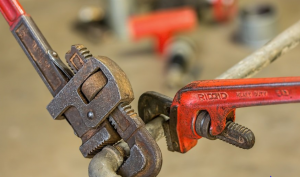

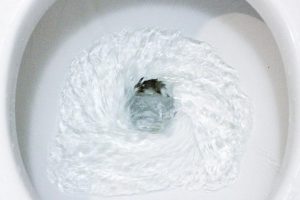
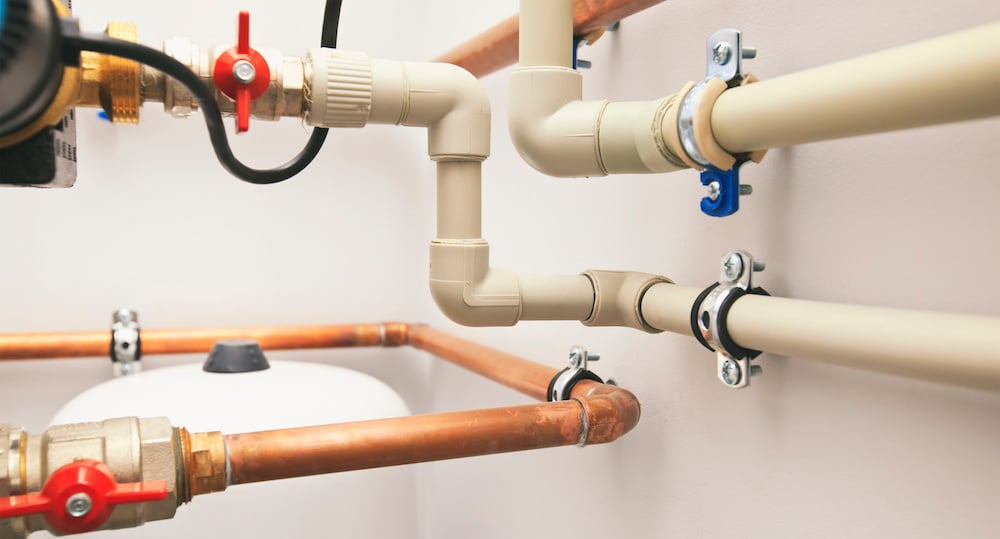
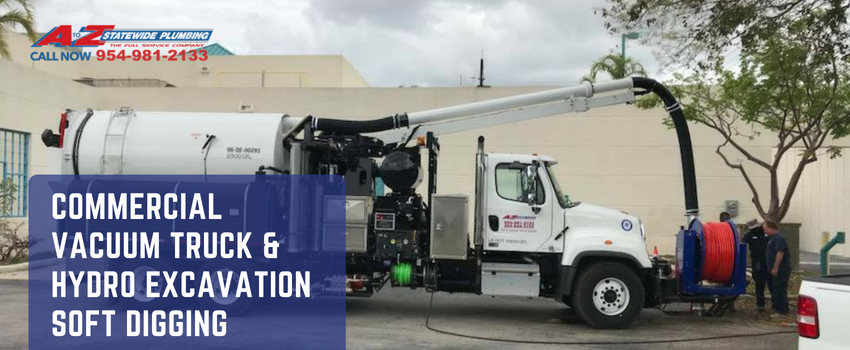
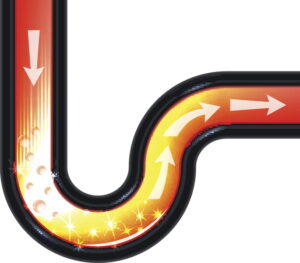 Every home will need to be repiped eventually. This is a cold, hard fact. If you’re reaching the point in your journey where this service seems necessary, then it’s time to talk to our professionals. We’re experts in
Every home will need to be repiped eventually. This is a cold, hard fact. If you’re reaching the point in your journey where this service seems necessary, then it’s time to talk to our professionals. We’re experts in